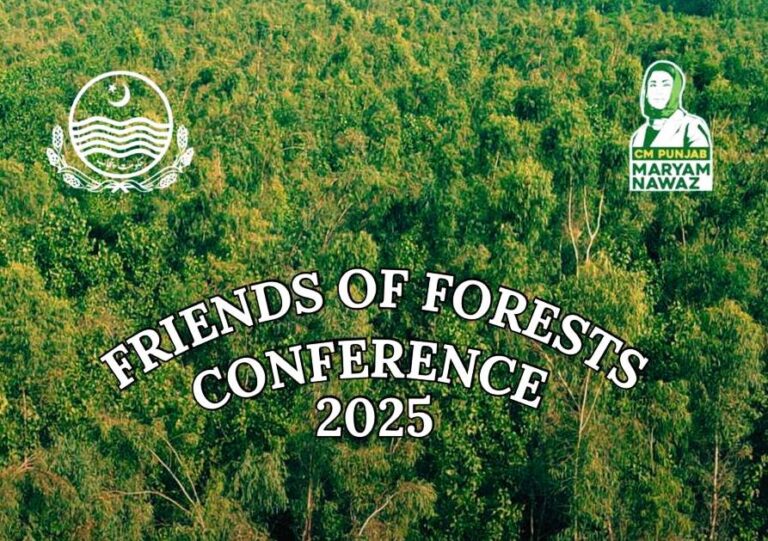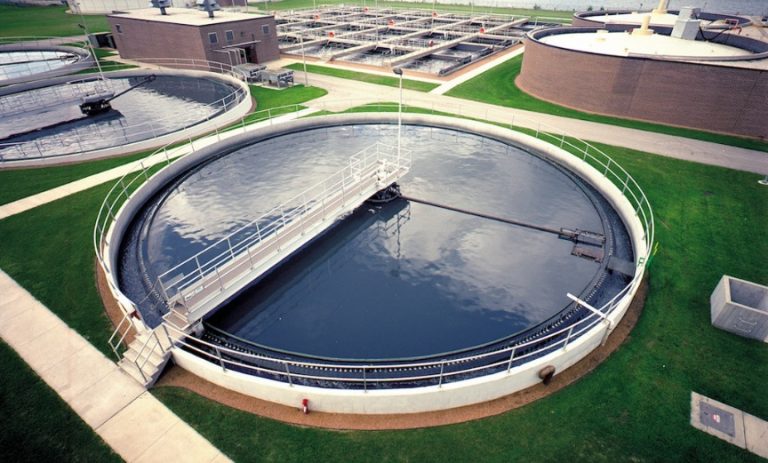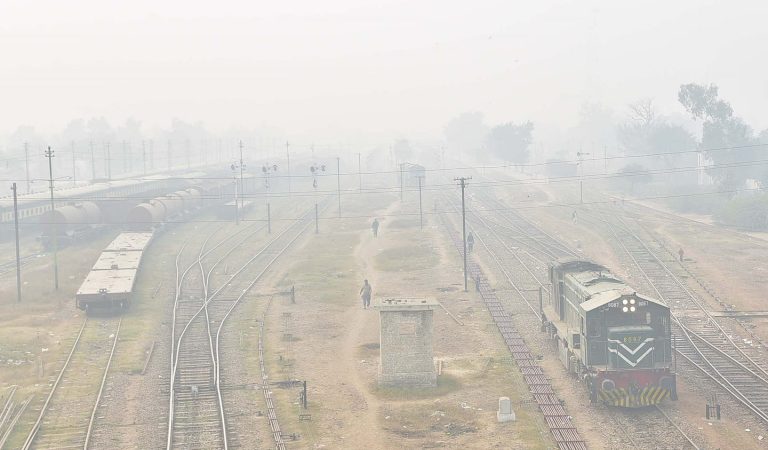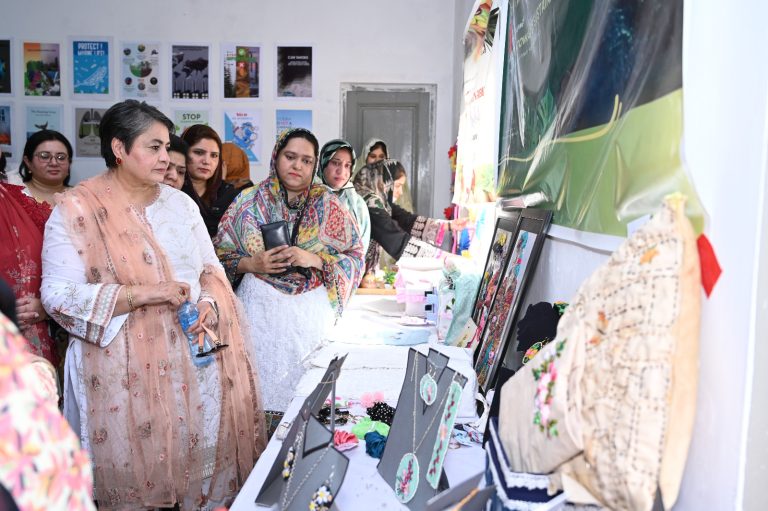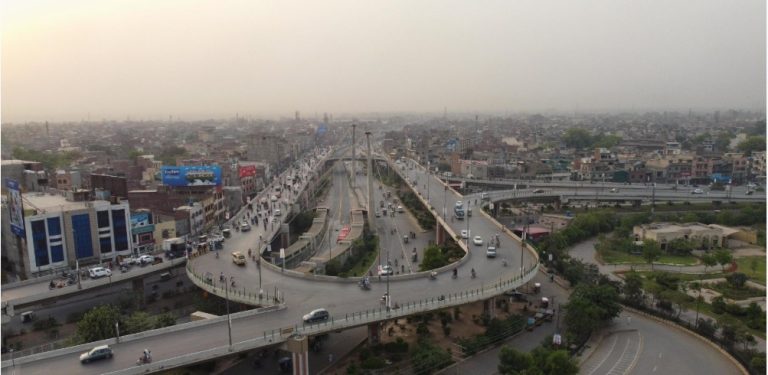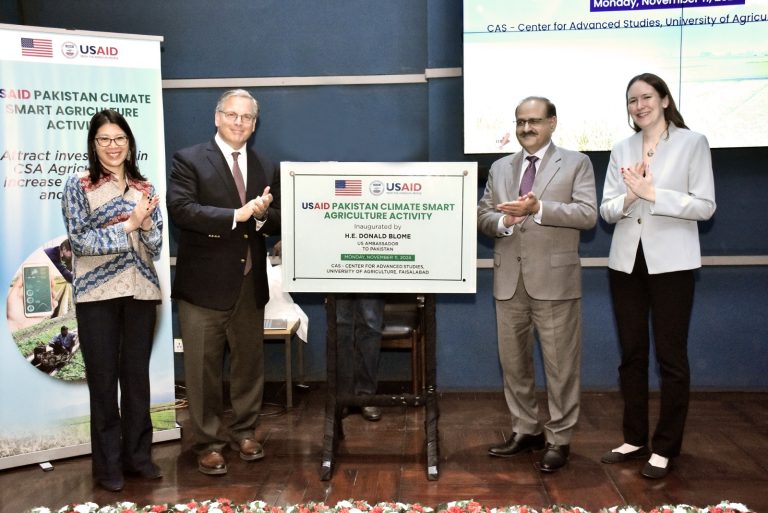Experts Call for Enhanced Support and Inclusion for Women Journalists in Environmental Reporting
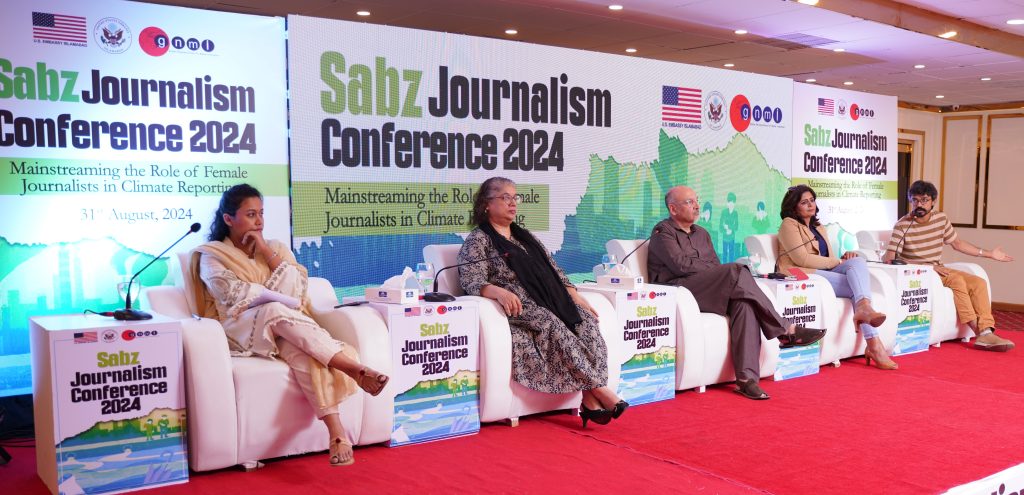
ISLAMABAD: As environmental crises intensify worldwide, female journalists in Pakistan are increasingly taking the lead in climate reporting, despite facing significant challenges. To address these issues and acknowledge their contributions, the Global Neighbourhood for Media Innovation (GNMI), in collaboration with the U.S. Department of State, hosted the Sabz Journalism Conference at Islamabad Hotel. The event spotlighted the vital work of women in environmental journalism and tackled the gender-specific barriers they encounter.
Husnain Raza, GNMI’s Director of Programs, inaugurated the conference by underscoring its importance. He highlighted the event’s role in addressing the challenges and opportunities faced by female journalists in Pakistan’s environmental journalism landscape. Raza presented a multimedia showcase on Sabz journalism initiatives, aimed at empowering women journalists to report on environmental issues with greater depth and impact. The session featured narratives from women journalists on the frontlines of climate change reporting, stressing the urgent need for more inclusive and gender-sensitive environmental journalism in the country.
Ali Tauqeer Sheikh, Climate Change Advisor at the Planning Commission of Pakistan, emphasized the critical role of women in environmental journalism, particularly in light of the 2022 floods that resulted in losses estimated between $20-30 billion. “Women journalists are not only narrating the stories of climate change; they are shaping the very discourse that will define our future,” Sheikh stated. He called for amplifying women’s voices, particularly in areas where environmental degradation intersects with gender violence and urban population growth, issues that are often underreported but crucial to understanding the full impact of climate change.
The conference’s key panel discussion, titled “Nature Through the Lens of Gender: Challenges and Opportunities for Women Environmental Journalists,” was moderated by Senior Broadcast Journalist Urooj Raza Sayyami. The session explored the intersection of gender and environmental journalism, with panelists highlighting the critical underrepresentation of environmental journalism in Pakistan’s media and the gender disparities within the field.
Haroon Rashid, Managing Editor at The Independent Urdu, stressed the importance of prioritizing environmental issues in media coverage. He urged emerging journalists to focus on environmental reporting from the outset of their careers, noting that field reporting is crucial for accurate coverage. Rashid also emphasized that women journalists often demonstrate greater commitment in field reporting, calling on mainstream media to give environmental issues the attention they deserve.
Samina Nazeer, Executive Director of PODA, and Nayyer Ali, Program Anchor at New One, discussed the systemic barriers faced by women journalists, especially those in rural areas. Nazeer shared her challenges in breaking into field reporting and criticized the media’s marginalization of women’s voices in favor of religious figures. Ali highlighted the severe underpayment and lack of support for female reporters, particularly when covering difficult beats like crime. Both panelists called for stronger gender perspectives in environmental journalism and criticized the Ministry of Climate Change for its lack of visibility and action. They emphasized the urgent need for technical training and policy implementation to empower women in the field.
The conference concluded with a dynamic networking session, allowing participants from various media houses, including APP, PTV, Dawn News, Samaa TV, and others, to engage directly with the panelists and experts. This session fostered discussions on potential collaborations between media and civil society organizations to amplify awareness and advocacy for environmental issues.
The Sabz Journalism Fellowship Program aims to equip journalists with the skills and knowledge necessary for effective environmental reporting, promoting public awareness and understanding. The program also seeks to foster data-driven and investigative reporting, aiming for inclusive economic growth and sustainable development through climate-focused content on digital media platforms.

